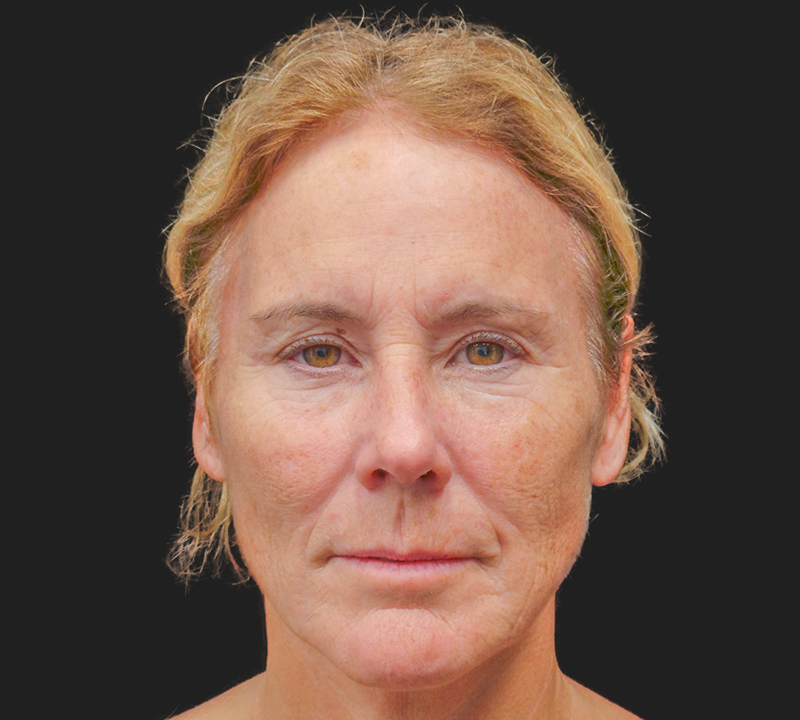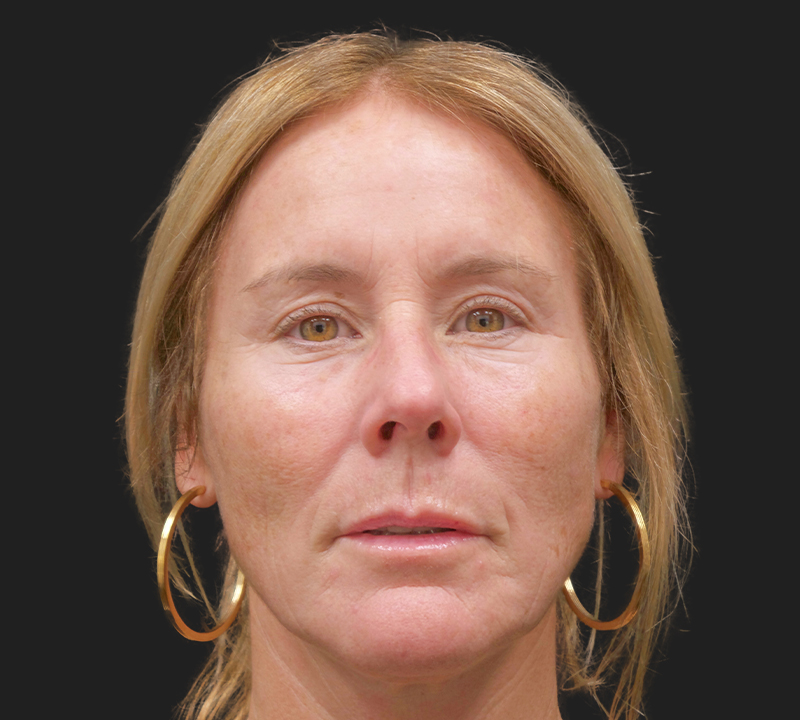Neurotoxins
Liposuction is a procedure used to improve the body’s contour by removing stubborn fat deposits that have failed to respond to diet and exercise. It may sound simple, but it actually requires considerable training and technical skill on the part of the surgeon, as well as an artistic sensibility. Its other name is “liposculpture” for a good reason.

Medical Disclaimer: This information is provided for educational purposes only and is not a substitute for professional medical advice, diagnosis, or treatment. While we strive for accuracy and reliability, no guarantee is made that the content is complete, current, or without inaccuracies. Always consult your physician or a qualified health professional with any questions you may have regarding a medical condition. Do not ignore or delay seeking medical advice because of content presented here.
Is Liposuction Right For You?
Dr. Kevin Tehrani has performed countless successful liposuction procedures on his patients. Every procedure is highly customized for you based on your anatomy and how you wish to look. He evaluates you carefully and devises a surgical plan that uses the technology of liposuction to recontour your face or body.
Note that while liposuction removes the fat cells from the treated area, it is not a substitute for weight control or exercise. If you gain weight after liposuction, however, the fat will be distributed more uniformly throughout your body. It will not accumulate disproportionately in the same areas.
The most frequently treated areas in women are the chin, abdomen, thighs, hips, knees, arms, back, buttocks, calves, and ankles. Men typically have liposuction performed on the neck, chin, abdomen, “love handles,” and chest/male breasts (gynecomastia).
read more

Who Is A Candidate for Liposuction?
If you have a double chin or localized pockets of fat on your body that have not budged despite exercise and weight loss efforts, you might be a good candidate for liposuction. A good candidate is of relatively normal weight with one or more areas of fat deposits and with good skin elasticity.

Anchor Link 1 | Anchor Link 2 | Anchor Link 3 | Anchor Link 4
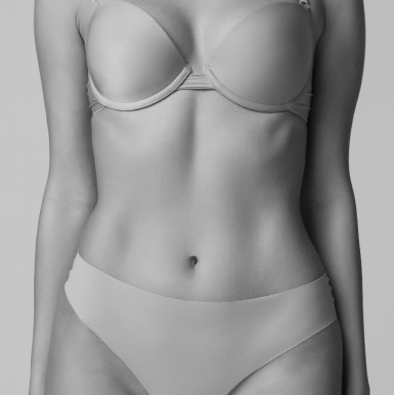
Liposuction is an outpatient procedure that can be performed under general anesthesia or local anesthesia with IV sedation, depending upon the technique used and the extent of the procedure.
Prior to your appointment date for surgery, Dr. Tehrani may request that you visit your medical doctor for a checkup and for any necessary lab work and x-rays. Precise preoperative instructions will be provided, and all necessary prescriptions will be given to you. All aspirin, aspirin-containing products, and anti-inflammatory products must be stopped at least ten days before and for ten days after your surgery. You will also be given a list of vitamins and homeopathic preparations to take prior to and after your surgery to promote healing and limit bruising.
Dr. Tehrani makes small incisions in inconspicuous locations to insert a hollow tube called a cannula into the skin. Using the popular tumescent liposuction technique, fluid is added to reduce bleeding and pain. The cannula is attached to a clear plastic tube and connected to a vacuum device. Excess fat is then removed in layers until a pleasing improvement is made.
Several areas may be suctioned during one procedure. Liposuction is often combined with procedures like tummy tucks and facelifts.
read more
What Is The Liposuction Procedure
Types of Liposuction Procedures
Ultrasonic-Assisted Liposuction (UAL)
.read more
Water-Assisted Liposuction
read more
Laser-Assisted Liposuction
read more
BodyTite Pro RFAL
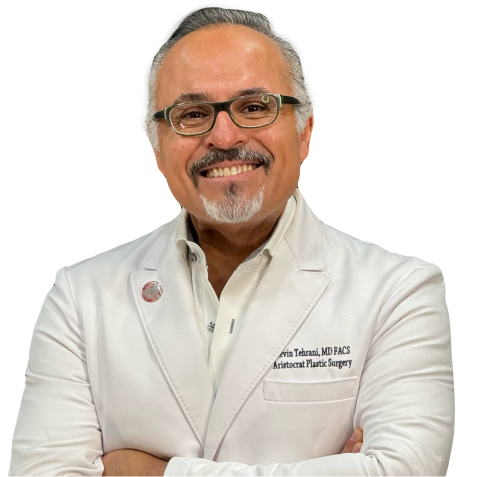
Meet Dr. Kevin Tehrani, MD FACS
Liposuction Recovery
Dr. Tehrani may prescribe a lymphatic massage to some patients. A lymphatic massage is the best way to ease swelling, bruising, and discomfort after surgeries.
After surgery, you are fitted with an elastic garment after surgery that you must wear for two to three weeks. You can go home a couple of hours after the procedure in the care of a friend or family member. We can arrange for a private nurse at your request.
Most patients describe the pain following liposuction as mild. Pain medication will be prescribed, and you can expect some post-surgical bruising and swelling. The bruising will resolve within a week or so, but the swelling may take two weeks to go down completely. Most people take no more than a week off from work, and exercise should be avoided for at least two weeks.
We will encourage you to walk short distances for the first several days after your procedure, and we will, of course, monitor your healing progress.
read more
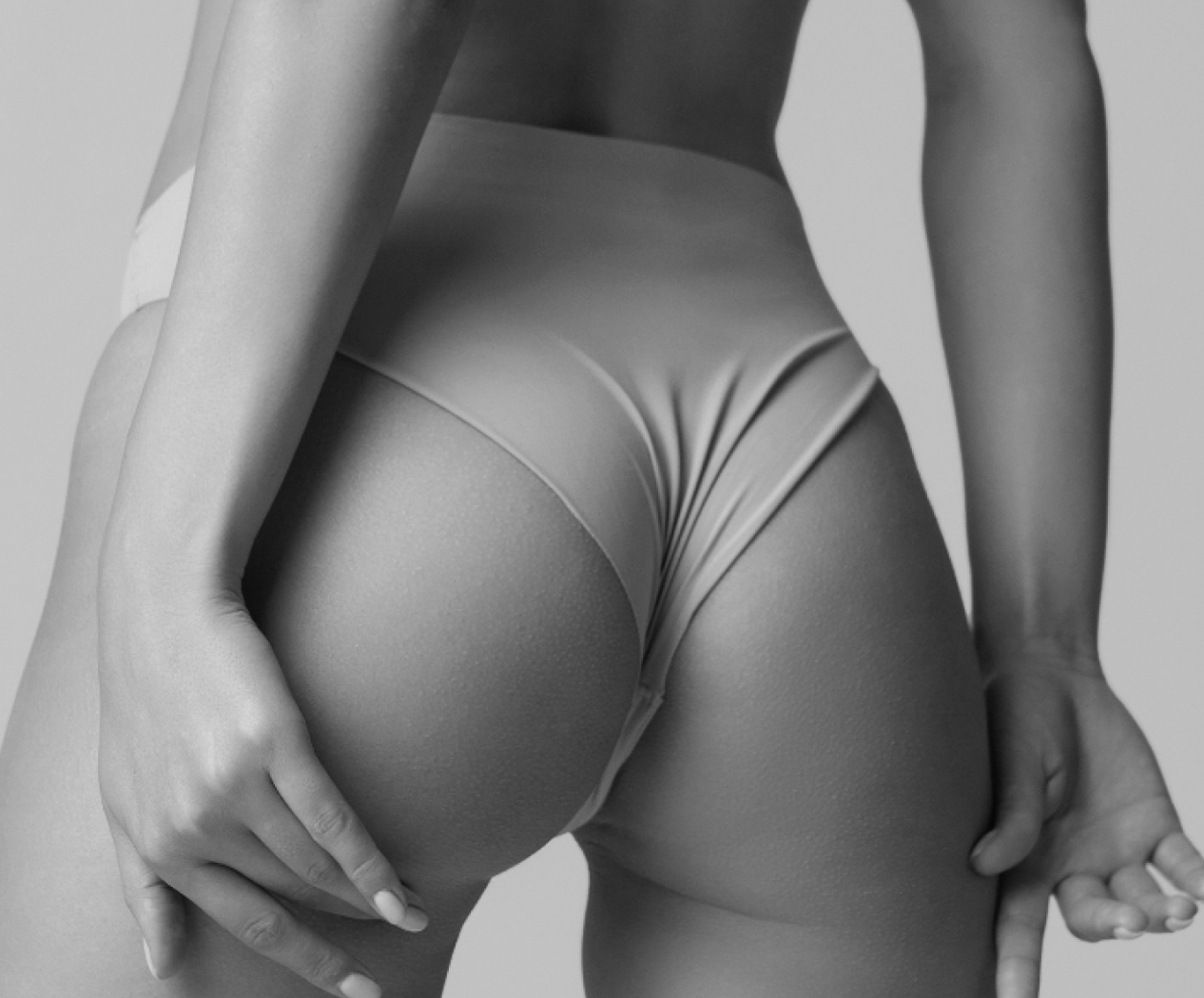
Contact Us
"*" indicates required fields
Frequently
Asked Questions
Who is a good candidate for a facelift?
Healthy adults with noticeable sagging or deep wrinkles who desire a more youthful appearance often qualify. A consultation helps determine your candidacy.
How is a facelift performed?
Dr. Tehrani makes discreet incisions around the hairline and ears, lifts and repositions underlying tissues, then removes or tightens excess skin for a refreshed look.
How long is the recovery?
Most patients resume light activities in 1–2 weeks. Full recovery may take up to 4–6 weeks, depending on individual healing.
Are there any risks or complications?
As with any surgery, risks include swelling, bruising, infection, and scarring. Choosing an experienced surgeon like Dr. Tehrani helps minimize complications.
How long do the results last?
Results can last for many years, although the natural aging process will continue. Proper skincare and sun protection help prolong outcomes.

